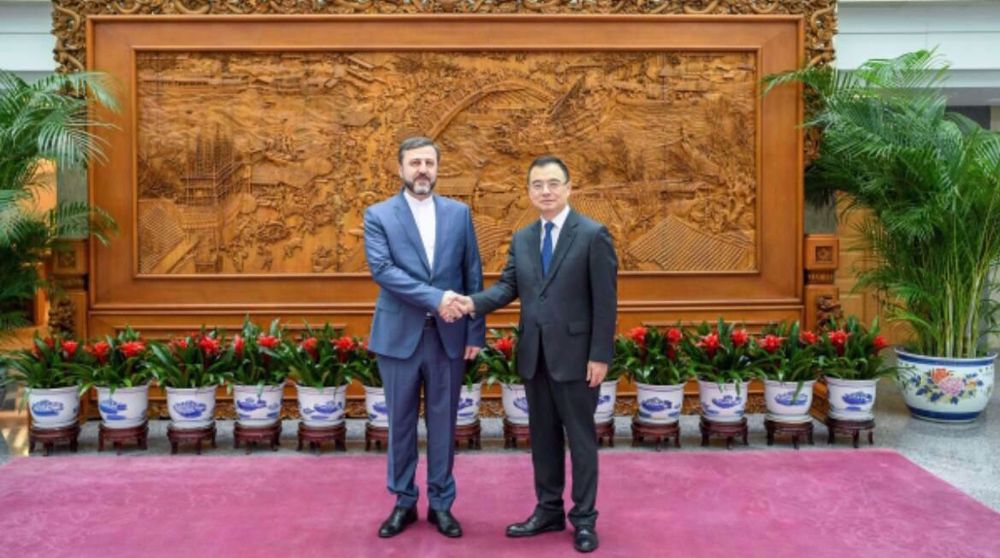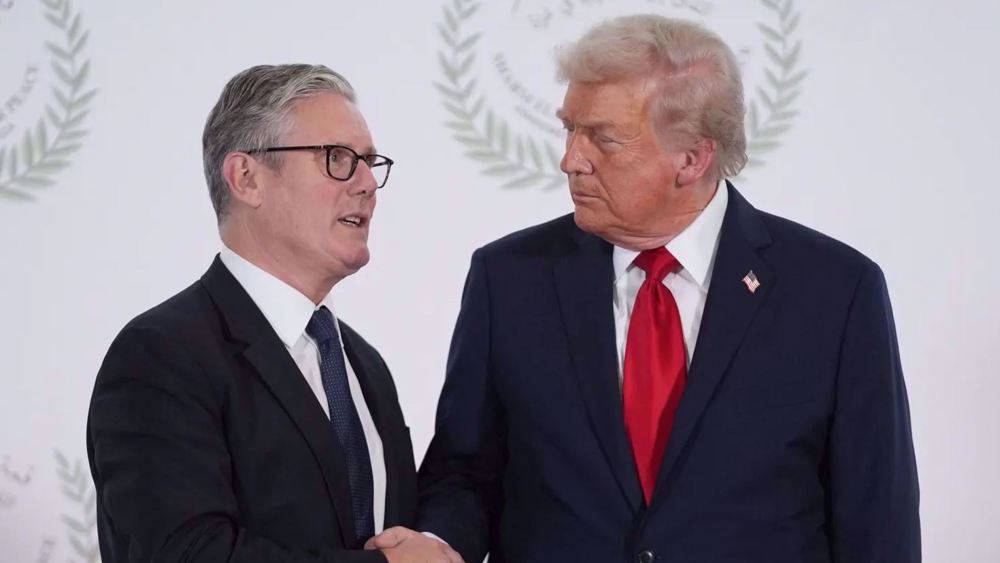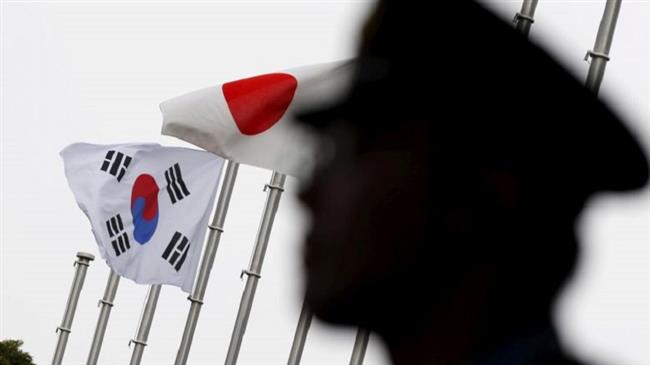Japan deems China as greater threat than N Korea, citing its rising military might
Japan has replaced North Korea with China as the top security threat to the country, citing Beijing’s growing defense expenditure and strength as well as its expansion of military activities in the region.
“The reality is that China is rapidly increasing military spending, and so people can grasp that we need more pages,” said Japan’s Defense Minister, Taro Kono, at a Friday press briefing having already released Tokyo’s annual defense review a day earlier.
“China is deploying air and sea assets in the Western Pacific and through the Tsushima Strait into the Sea of Japan with greater frequency,” Kono added according to Reuters.
Further underlining the Chinese threat, Tokyo’s defense review also expressed concerns over Beijing’s rapid advancement of its capabilities in new security fields such as cyber security, and expansion of military activities in regional waters and airspace.
Such developments, the report noted, "represent a serious security concern for the region including Japan and for the international community," adding: "China is eagerly expected to play active roles in a more cooperative manner" to tackle regional and global issues.
This is while China has often rejected concerns over its military spending and intentions, including a growing presence in the disputed South China Sea, and insists it only desires peaceful development.
Tokyo’s Defense White Paper, however, described Chinese patrols in waters and skies near Japanese territory as “a national security concern.”
N Korea still deemed a 'grave, imminent threat'
On North Korea, the report maintained the recognition that its military activities pose "grave and imminent threats to Japan's security," insisting that there has been "no essential change" in Pyongyang's nuclear and missile capabilities, and that it has "already successfully miniaturized nuclear weapons to fit ballistic missile warheads."
According to the document, Tokyo has increased its military spending by a tenth over the past seven years to counter military advances by Beijing and Pyongyang, which included utilizing US-built air defense systems to protect Japan against North Korean missiles which may be armed with nuclear warheads.
This is while the North has carried out short-range missile launches this year in response to US refusal to take steps towards forging a so-called denuclearization agreement with Pyongyang, which insists that Washington must also downgrade its huge military presence near its waters.
Japan, however, believes that North Korean missile tests earlier this year point to Pyongyang’s development of projectiles aimed at evading its Aegis ballistic missile defenses.
Japan acquiring US weaponry
To stay ahead of China’s modernizing military, Japan is purchasing US-built stealth war planes and other advanced weaponry.
In its latest budget request, Japan’s military asked for ¥115.6 billion ($1.1 billion) to acquire nine Lockheed Martin F-35 stealth fighters, including six short take-off and vertical landing (STOVL) variants to operate from converted helicopter carriers.
The American jet fighters, interceptor missiles and other military hardware are part of a proposed 1.2 percent increase in defense spending to a record 5.32 trillion yen in the year starting April 1.
New worries about Russia's military moves
The report further expressed a sense of vigilance against Russia's military activities near Japanese airspace, saying that Tokyo needs to pay "close attention" to.
It also said that a joint flight in July by Russian and Chinese bombers over the Sea of Japan and the East China Sea suggests Moscow and Beijing have been promoting their military cooperation.
Persisting disputes with S Korea
The Tokyo defense assessment further downgraded fellow US ally, South Korea, which recently pulled out of an intelligence sharing pact with Japan amid a spat over their shared wartime history.
This is while South Korean government officials took issue with the White Paper’s reference to ownership of an island in the Sea of Japan, which is also claimed and controlled by South Korea. The outcrop is known as Dokdo in Seoul and Takeshima in Tokyo.
“Our government strongly protests Japan’s repeated claim. The Japanese government should acknowledge that it is not helpful for bilateral relations,” South Korea’s foreign ministry said in a statement.
Epstein provided New York apartment for ex-Israeli PM Barak: Report
BDS National Committee slams Human Rights Watch for anti-Palestinian bias
Norwegian ambassador resigns over expanding Epstein-linked scandal
Russia will not launch attack on Europe unless struck first: Lavrov
Israeli forces kill three Palestinians, including teen, in raids across Gaza
Israel finalizes execution plans for Palestinian abductees after Knesset vote: Report
VIDEO | Press TV's news headlines
VIDEO | Pakistan mosque attack in Islamabad sparks protests in Kashmir, Kargil

















 This makes it easy to access the Press TV website
This makes it easy to access the Press TV website